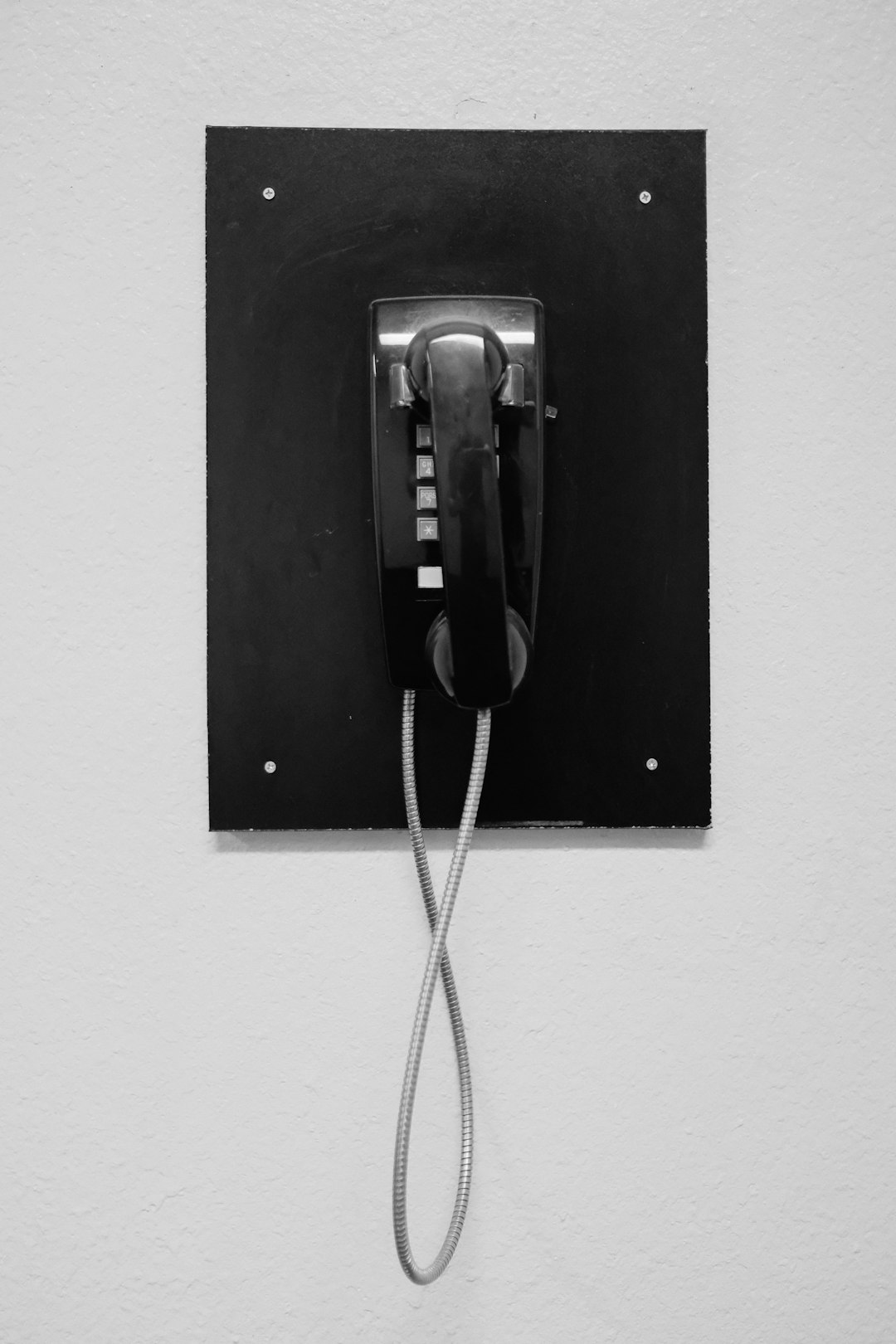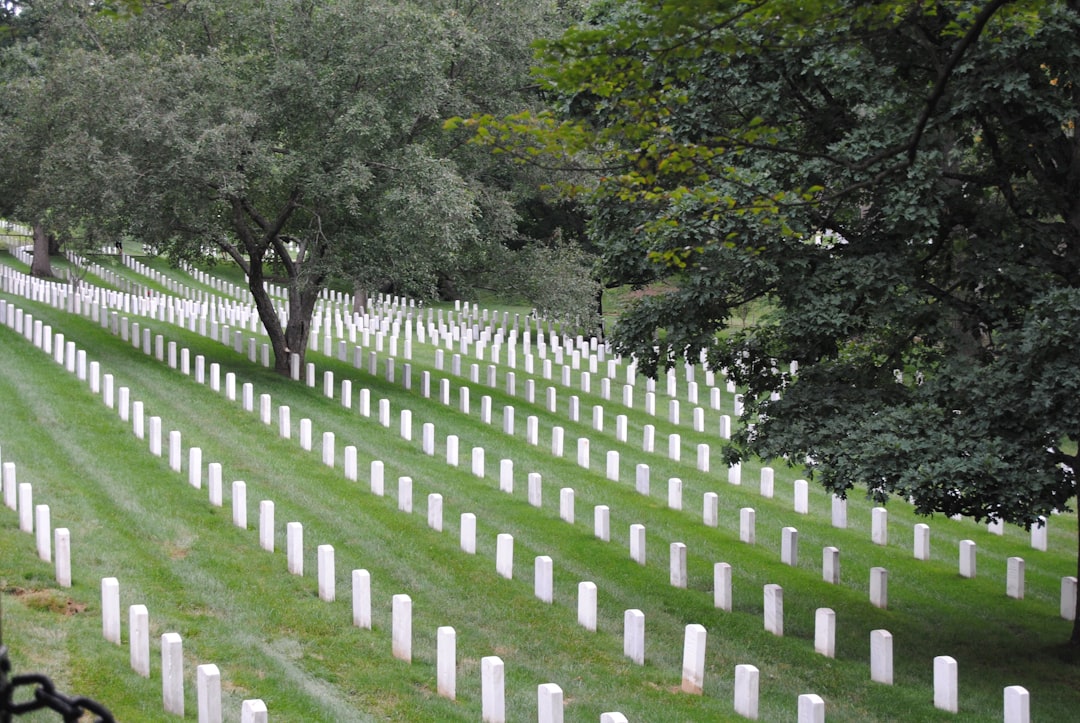Harrisonburg, VA, introduces a unique playground that combines fun and education. Interactive elements teach environmental sustainability and consumer rights, including data protection and scam avoidance, empowering local residents with digital-age literacy. This innovative space aligns with Virginia's Do Not Call laws, offering a quiet environment and legal guidance through workshops, making complex issues accessible to children and families, and potentially fostering informed consumers, especially those in need of a lawyer for Do Not Call Virginia services.
Harrisonburg’s new playground, a long-awaited dream, has finally opened its doors, offering a space for fun and education. This unique initiative brings together community engagement and consumer awareness through innovative programs. While Harrisonburg residents enjoy their new play area, it’s essential to understand the broader implications of such projects. This article explores how consumer education empowers locals while delving into the legal aspect of privacy protection, specifically Virginia’s Do Not Call Law, and discusses the surprising connection between playgrounds and policy.
Harrisonburg's New Playground: A Dream Realized

Harrisonburg, VA, has finally welcomed a much-anticipated addition to its recreational spaces—a playground that promises to be a dream come true for local families. This new haven for children is not just a place to play but also a hub for consumer education, offering a unique blend of fun and learning.
The playground’s design incorporates interactive elements that teach kids about environmental sustainability and responsible consumer choices. With a focus on outdoor exploration, it encourages physical activity while instilling important values. Parents and caregivers can rest easy knowing their children are not only enjoying themselves but also gaining valuable knowledge, all while being mindful of Virginia’s strict Do Not Call laws. This innovative approach to play areas sets a new standard for community engagement and educational opportunities in public spaces.
Consumer Education: Empowering Local Residents

Harrisonburg’s A Dream Come True Playground isn’t just a space for fun and games; it also serves as a hub for consumer education, empowering local residents with knowledge to make informed decisions. This initiative is particularly relevant in today’s digital era, where consumers are often faced with complex choices regarding their personal information and financial privacy. By integrating educational components, the playground aims to fill this gap, providing practical insights that every resident, including those who might need legal assistance from a Do not call Virginia lawyer, can benefit from.
Through interactive exhibits and workshops, attendees learn about data protection, consumer rights, and avoiding common scams. This proactive approach ensures that Harrisonburg’s residents are equipped with the tools to navigate the modern marketplace, fostering a community that is both informed and protected.
The Do Not Call Law: Protecting Virginia Citizens

In Virginia, the Do Not Call Law is a powerful tool designed to safeguard citizens from unwanted telemarketing calls. This law allows residents to register their phone numbers and opt-out of marketing communications from various sources. By enforcing this regulation, Virginia offers its citizens a sense of control over their personal information and communication preferences.
When a consumer registers on the official Do Not Call list, it becomes a legal obligation for businesses and telemarketers to respect this choice. This means no more persistent calls from unknown numbers, ensuring a quieter and more peaceful environment. For those seeking legal counsel regarding the Do Not Call Law or looking for a lawyer for Do not call Virginia, there are specialized attorneys who can guide individuals through the process of registering and protecting their rights.
Playgrounds and Policy: An Unlikely Alliance?

Playgrounds are typically associated with fun, laughter, and carefree childhood memories. However, an intriguing alliance is emerging between playgrounds and consumer education, especially in places like Harrisonburg’s A Dream Come True Playground. This unique partnership raises questions: Can playgrounds serve as learning hubs for teaching children about their rights and responsibilities?
In the context of Virginia, where a lawyer for Do Not Call laws is readily sought after, this concept takes on new dimensions. Playgrounds can be more than just recreational spaces; they can become small incubators for educating young minds about important policies and rights. By integrating educational elements into playground design and activities, parents, caregivers, and educators can create a fun yet informative environment. This approach might seem unconventional, but it has the potential to foster a deeper understanding of legal concepts from an early age, ensuring that children become well-informed consumers in the future.






